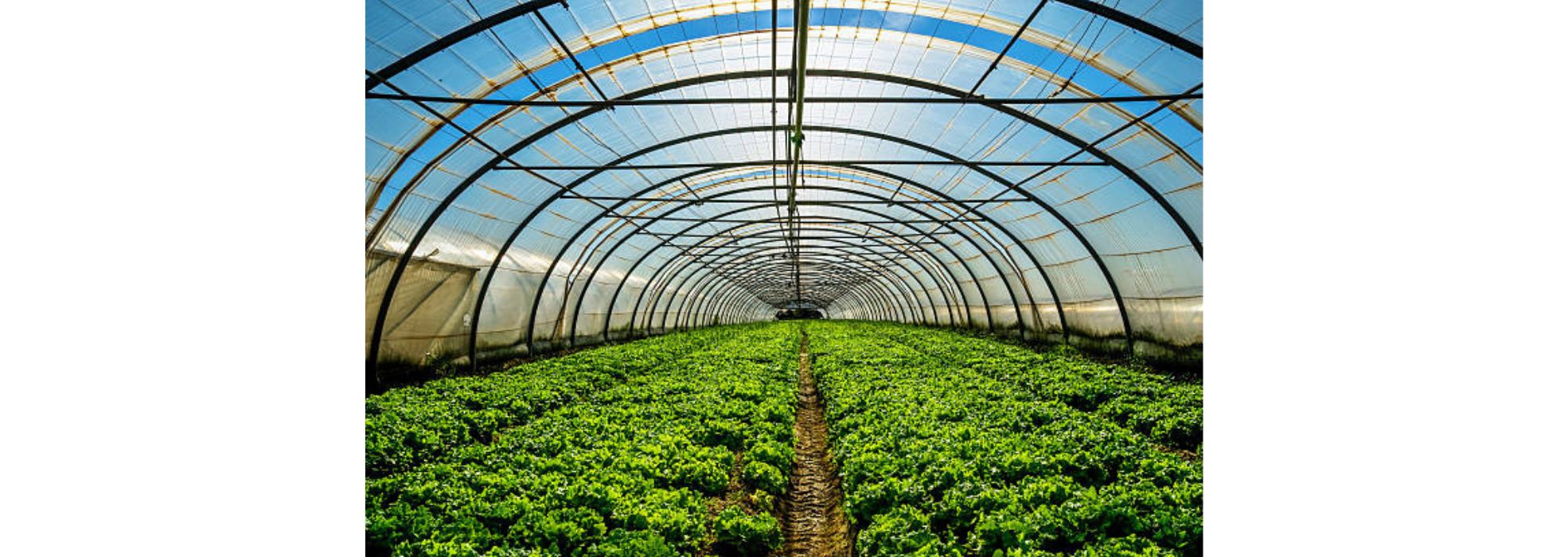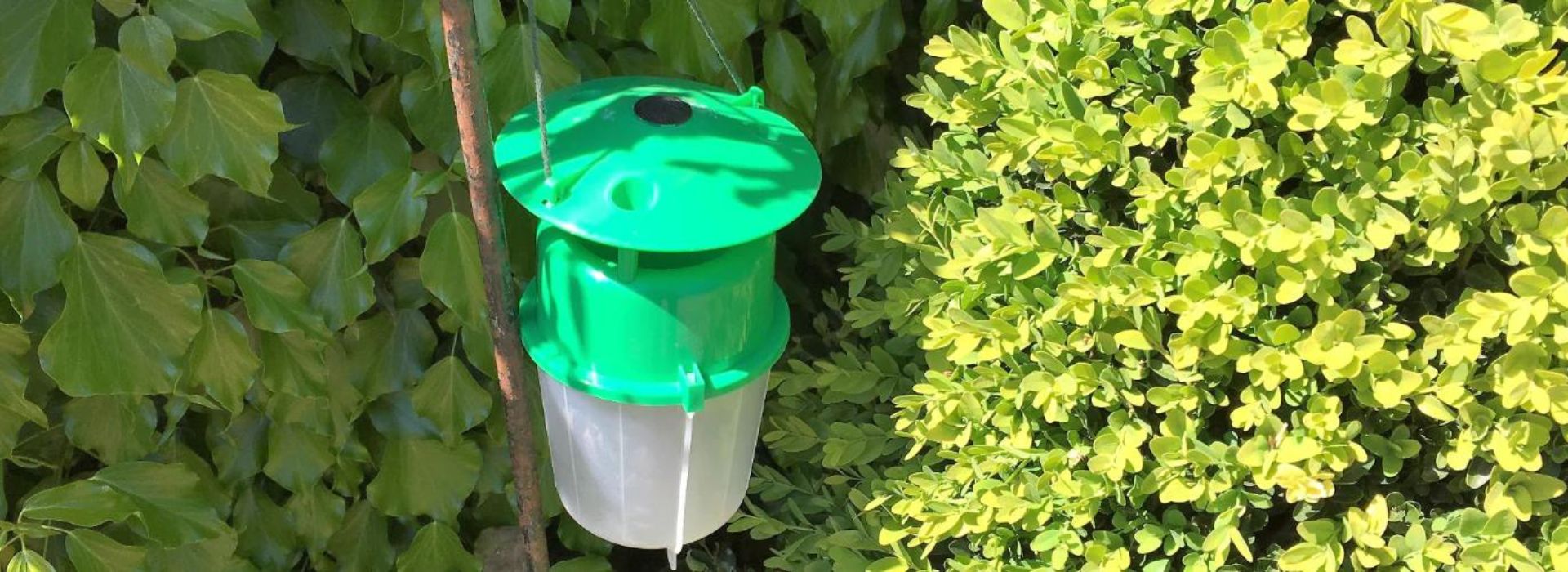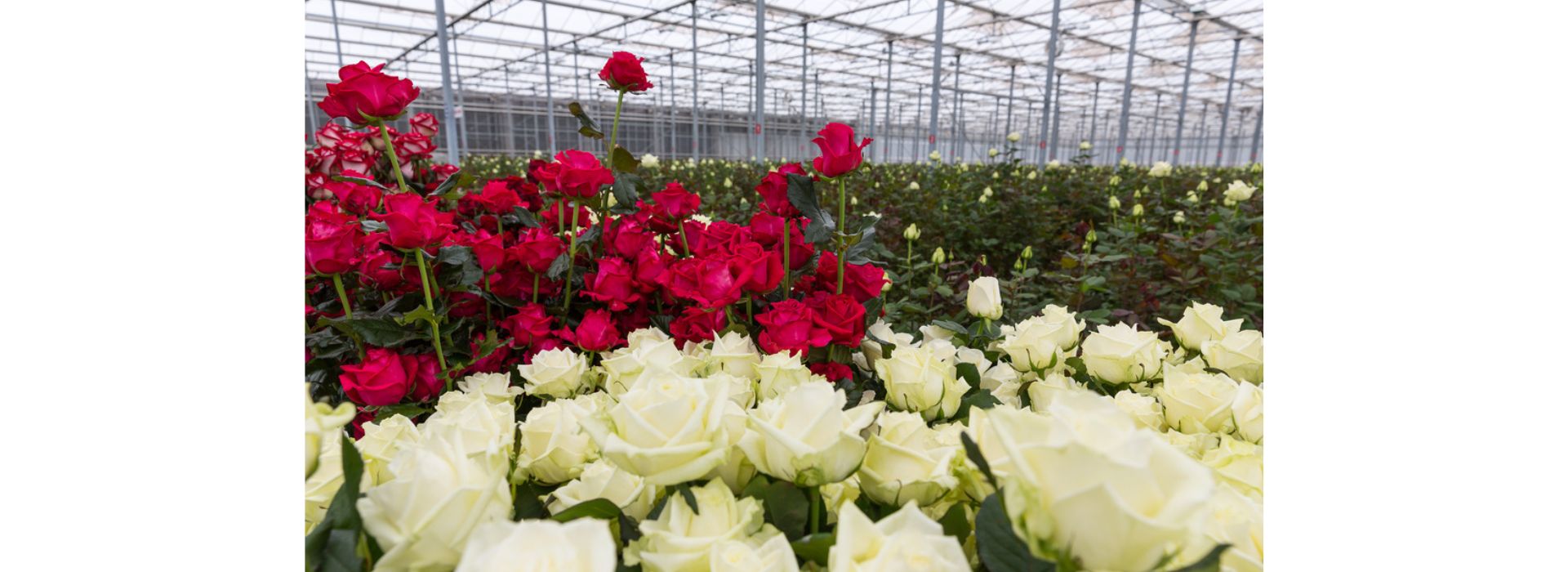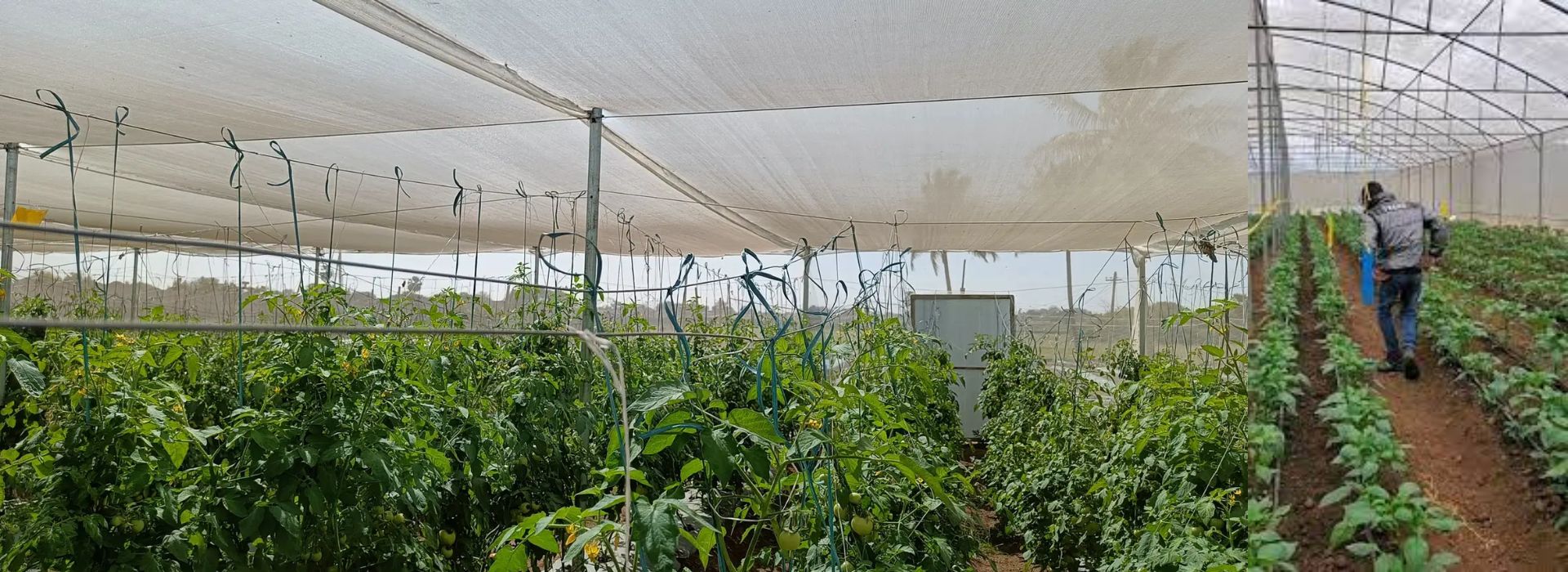How to Protect Your Plants in a Summer Climate
April 10, 2024Summer can be a challenging time for plants, especially crops, with scorching temperatures, intense sunlight, and erratic rainfall. However, with the right care and techniques, you can protect your plants and ensure a bountiful harvest. In this blog post, we'll explore some practical tips and techniques to safeguard your crops during the hot summer months.
Watering:
Watering is crucial during summer, but it's essential to do it right. Water
your plants deeply and less frequently to encourage deep root growth and
drought tolerance.
Water early in the morning or late in the evening to minimize evaporation
and ensure that the water reaches the roots.
Consider installing drip irrigation systems or soaker hoses to deliver
water directly to the roots and reduce water wastage.
Click Here Best Quality Drip Irrigation
Mulching:
Mulching helps retain soil moisture, suppress weeds, and regulate soil
temperature. Apply a layer of organic mulch, such as straw, wood chips, or
compost, around your plants.
Mulch also protects the soil from the direct impact of the sun, preventing
it from drying out too quickly.
Click Here Best Quality Mulching
Shade Structures:
Erect shade structures over sensitive plants to protect them from excessive
sunlight and heat stress. Use shade cloth or build temporary shade structures
using bamboo poles or PVC pipes.
Shade structures can also help cool the surrounding air, creating a more
favorable microclimate for your plants.
Pruning and Thinning:
Prune your plants to remove damaged or diseased branches and improve air
circulation. This helps reduce stress on the plants and minimizes the risk of
fungal diseases.
Thin out overcrowded areas to allow better airflow and light penetration,
preventing the development of fungal infections and improving overall plant
health.
Use of Row Covers:
Row covers are lightweight fabrics that can be draped over rows of plants
to provide protection from pests, harsh sunlight, and extreme temperatures.
Choose row covers with the appropriate level of opacity to allow sunlight
to penetrate while providing shade and protection from intense heat.
Companion Planting:
Companion planting involves growing compatible crops together to provide
mutual benefits, such as pest control, shade, and nutrient sharing.
Plant heat-tolerant crops alongside more sensitive ones to provide natural
shade and help regulate soil temperature.
Regular Monitoring:
Keep a close eye on your plants throughout the summer months, checking for
signs of stress, pest infestations, or diseases.
Adjust your watering and maintenance schedule as needed based on the
weather conditions and the specific requirements of your plants.
At krishibazaar.in, you can find and buy various
agricultural products. For agricultural guidance on selecting the most suitable
products for your crops, please contact or WhatsApp at +917887880887.






Guest reviews
No reviews found for this Blog